Granite-grabbing developers could soon get their hands on cherished chunks of Aberdeen’s heritage as the council draws up plans to hawk historic bricks.
The local authority has etched a new policy into stone which sets out rules for the sale of the valuable building material.
Cash-strapped council chiefs say they have mounds in storage which could be put to better use, with some deals expected to top £10,000.
And they even hail the environmental benefits of reusing these bricks, saving the need for excavating more.
It comes after intrigue gripped the Granite City a few years ago when scores of historic slabs went missing during the revamp of Union Terrace Gardens.
The pile was found in a private garden and eventually every brick was accounted for.
But following that saga, strict rules were put in place around excess granite – and these new measures appear to take this a stage further…
Why is there a need for this?
Aberdeen was the world centre for the granite trade in the late 19th century, gaining its nickname as so many city buildings are made of the twinkling rock.
Rubislaw Quarry provided much of this, with an estimated six million tonnes excavated in its 200 years of operation before it closed in 1971.
Aberdeen City Council has torn down many old granite buildings and structures as the city evolved over the decades.
Documents say the authority now has a “supply of salvaged reusable building materials and architectural elements from historic buildings that have been demolished”.
This material has been stored in council facilities, but there has never before been any sort of policy in place on what to do with it.
‘Various’ people want historic Aberdeen granite
Council papers add: “There have been various enquiries about the storage and sale of these materials in the past.”
This policy will mean there is “no reputational risk” to the council as it embarks on granite sales.
It is designed to “provide clarity and transparency on the storage and future use of existing stored materials”.
So is granite in demand?
Trade experts say the market “is experiencing significant growth, driven by the increasing demand for aesthetically pleasing, durable building materials”.
The top market for granite is America.
But the UK imported about £70 million worth of the stuff in 2022.
This British demand was driven by “architectural and interior design projects, including monuments, sculptures, and flooring”.
In 2019, we reported fears that the industry was dying in the north-east – with councillors determined to save it by limiting the amount of imported stone to be used in major projects.
And council building guidelines state that it “has become increasingly difficult and often cost-prohibitive to source new local granite”.
How will Aberdeen granite sale policy work?
Under the new scheme, the storage of any such historic building materials will need to be signed off by a senior council planner.
And a “detailed” brick-by-brick breakdown of all the items being moved into storage will need to be provided.
The report explains: “The criteria for what types of downtakings might be considered suitable would be based on type, condition, quality, historic value, demand and scarcity of the item.
“All requests for donation and/or sale of downtakings for reuse in non-council projects needs to be communicated in writing to a senior planner.”
Meanwhile, the sale of any granite worth more than £10,000 would be decided in public by the finance committee.
Were there any questions about Aberdeen granite sale?
Aberdeen City Council’s finance committee signed off on the policy at a meeting on Wednesday, August 7.
Hazlehead, Queen’s Cross and Countesswells councillor John Cooke asked officers how the “historic value” of certain slabs would be ascertained.
What do you think of the plans to sell off Aberdeen granite? Let us know in our comments section below
The SNP representative said: “Who determines historic value? Could that be a bit subjective?”
Council conservation expert Sepideh Hajisoltani said the policy would be “as flexible as possible”.
She added that heritage buffs would be involved in the process, but that historic merit could be debated for those high-end sales due to go before councillors.
Speaking after the meeting, the SNP’s finance convener Alex McLellan added: “This sets out a clear policy for sale to any private individual or business.”
Queen’s Road offices built by granite industry legend could become plush villas
Seagulls clogging up gutters cause damage to Aberdeen’s A-listed Marischal College
Revealed: Rubislaw Quarry on sale for £150,000 – but tough laws could limit new owner’s plans
The Russel Head: The bizarre story behind angry gargoyle face in Aberdeen city centre
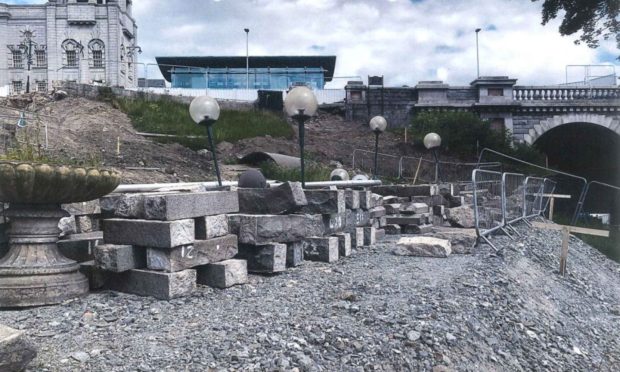
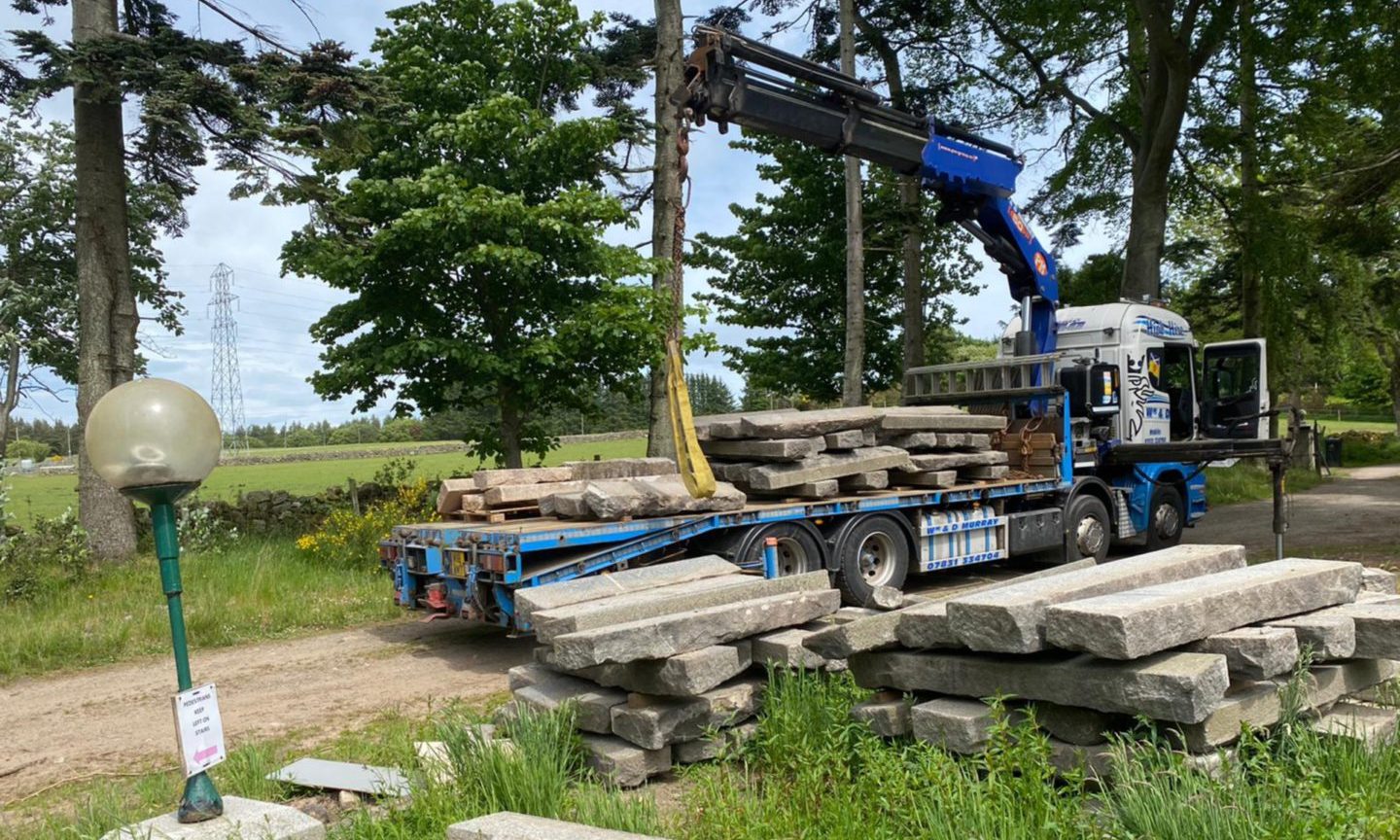
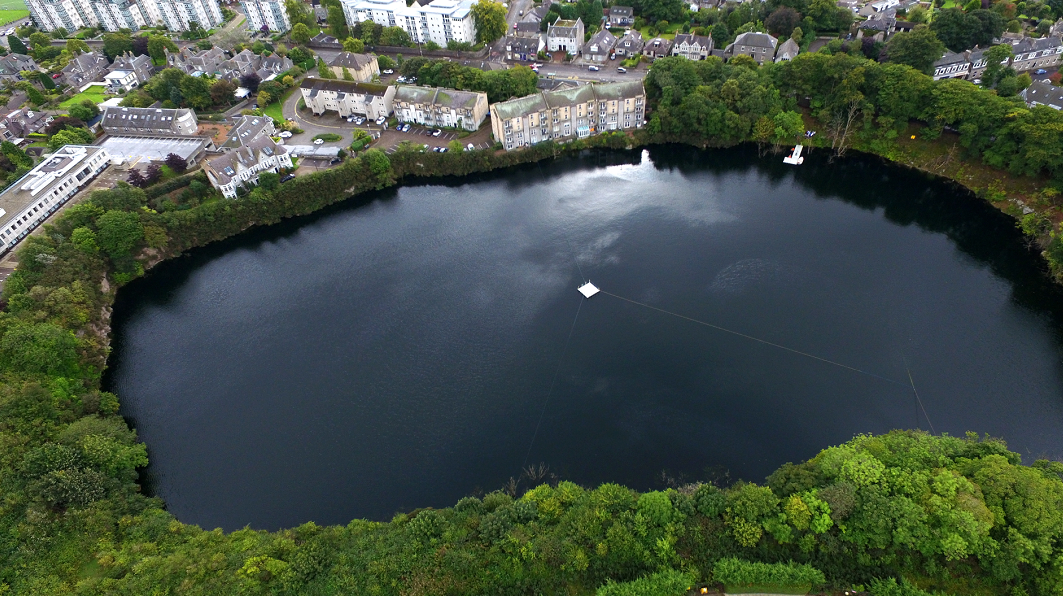
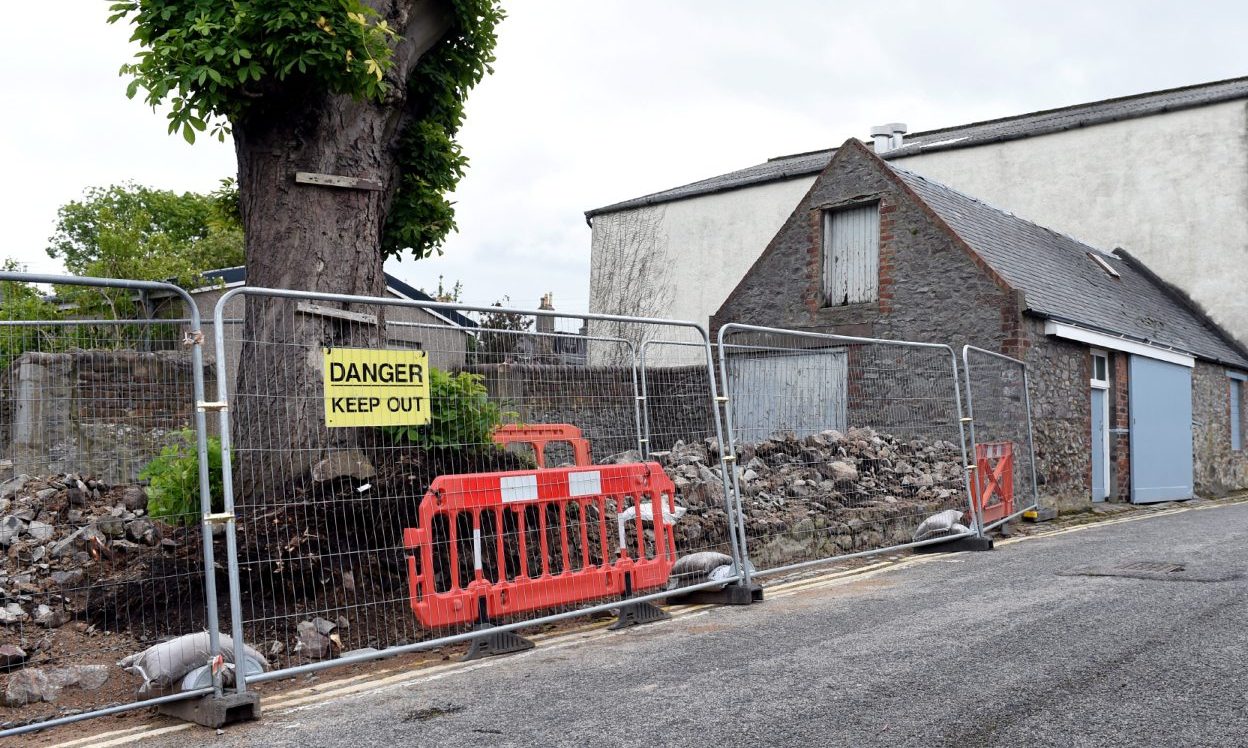

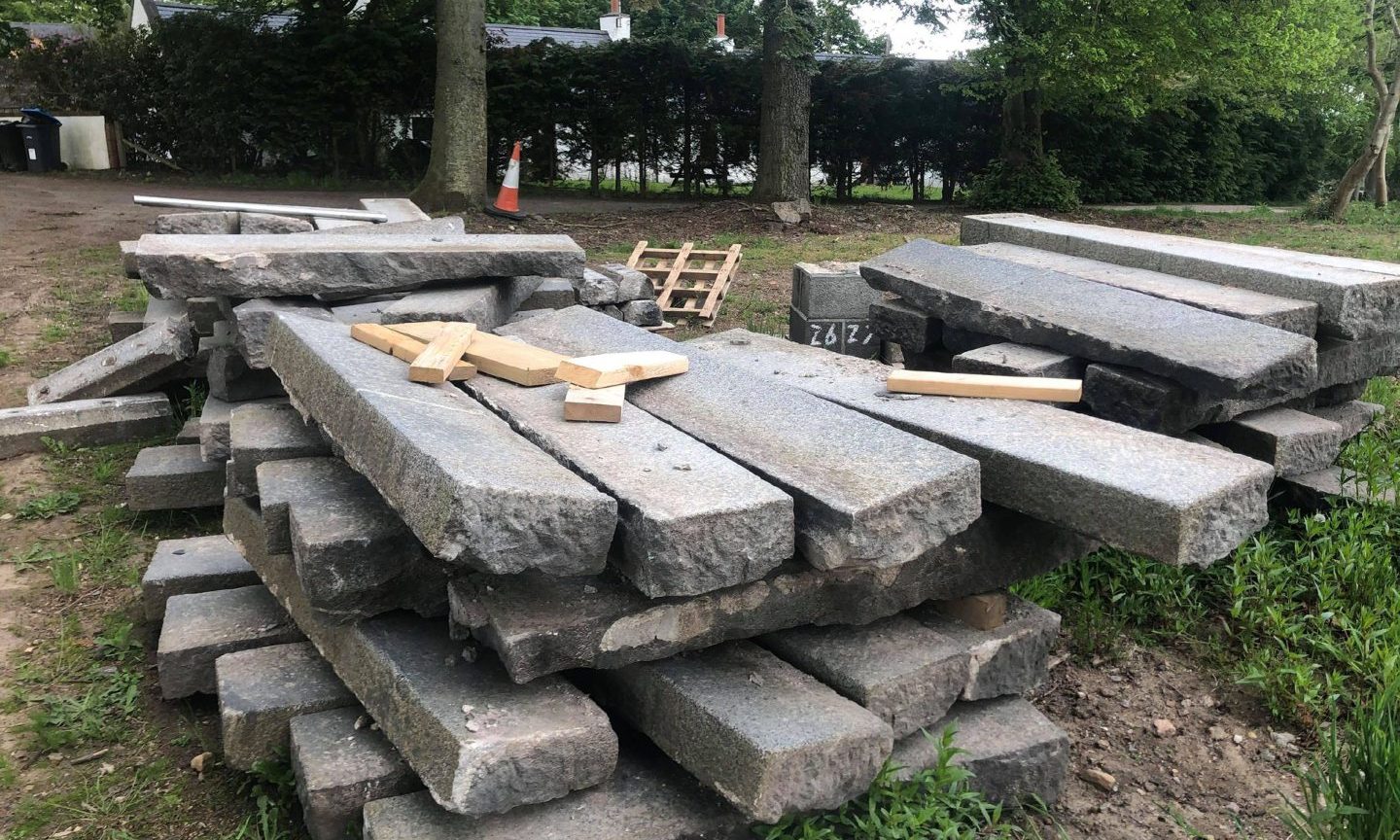

Conversation